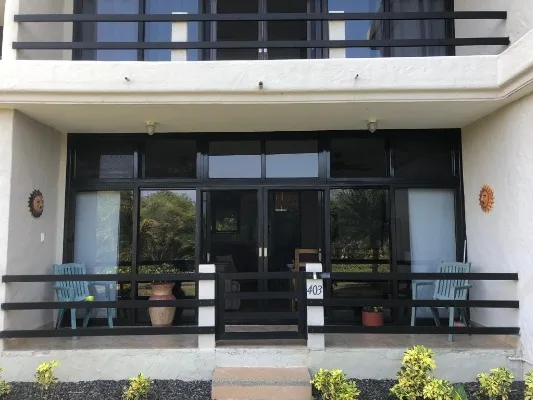Unicef criticizes decision to close schools, warns of educational, emotional and economic damage
The United Nations Children’s Fund is asking Ecuador to reconsider its decision to close schools in reaction to the recent increase of Covid-19 cases. “One thing we know for sure is that another wave of widespread school closures will be disastrous for the country’s children. Face-to-face education is necessary and urgent,” Unicef said Friday in a message to the government.

Unicef is calling on the national COE to reverse its decision to close the country’s schools.
The statement was issued ahead of Saturday’s meeting of the national Emergency Operations Committee meeting in Quito. The COE is scheduled to review government restrictions and mandates it issued in December and early January in response to the increase in Omicron variant cases.
Juan Enrique Quiñónez, Unicef representative to Ecuador, says that the danger posed by Omicron does not warrant the closure of schools. “Given the low threat to children and the lower threat to the broader population generally, I strongly urge the government to reverse its decision and allow schools to resume full operations.”
The Unicef statement to the government said that the loss of in-person class time could have a permanent impact on many children. “Whether it is the loss of learning, mental health impairment by separation from friends and teachers or increased exposure to violence and abuse at home, most school children face damage that could have long-term impacts.” It continued to say that school-aged children in Ecuador have already lost an estimated $17 billion in potential lifetime earnings.
Unicef says that Ecuadorian children are at special risk due to the high rate of poverty in the country. “As in other Latin American countries, a large percentage of children come from homes with limited economic resources and many lack access to distance learning tools. Even if computers and internet connections are available, the home environment in many cases is not conducive to learning since most parents are not receiving paid parental leave to help their children.”
The statement also suggested inconsistency, “even hypocracy,’ in the COE decision to close schools. “We are told it is for the purpose of reducing the spread of Omicron, but what we see is that parents are taking their children to malls, markets, recreational centers and workplaces where risks are far greater than in the controlled environment of schools.”
In an interview with Quito newspaper El Comercio, Quiñónez said only a fraction of one percent of Ecuadorian students have been infected with Covid and that the threat of Omicron is minimal. “In November, the Ministry of Education reported that, of more than two million students who were attending face-to-face classes at the time, only .007% were infected. This is consistent with the pre-pandemic rate of colds and flu that schools deal with on an ongoing basis.”
Quiñónez said that decisions on school closures should be based on “solid scientific evidence” and not the opinion of public committees. “In this case, the students are suffering from the decisions of ill-informed adults. Unfortunately, it will be the children, not the adults, who will suffer the consequences.”





















